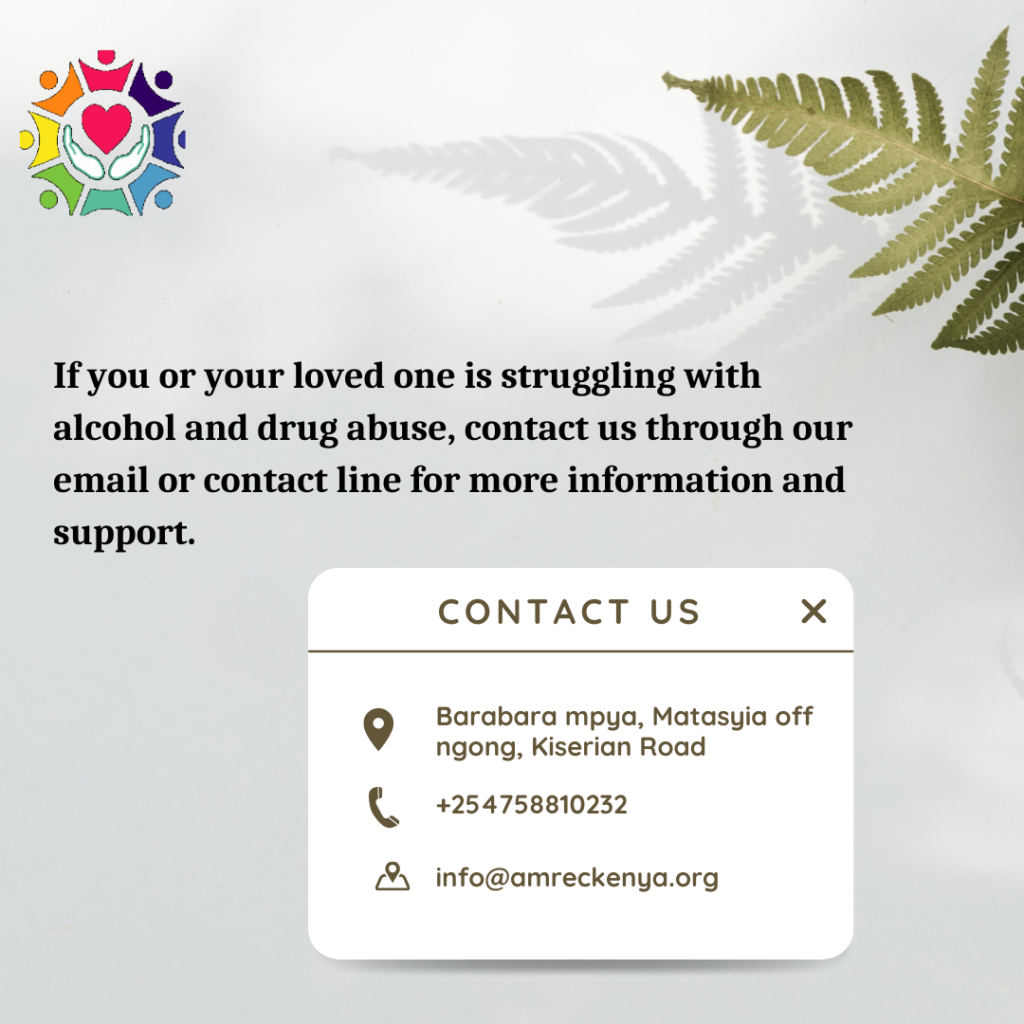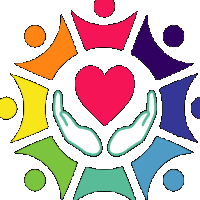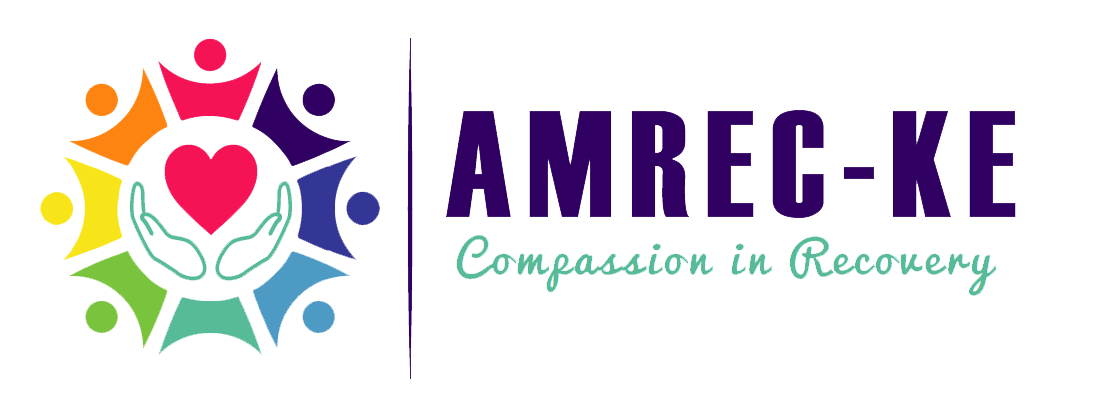

A personality disorder, as defined by the DSMV, is a persistent pattern of inner experiences and behavior that significantly differs from what is expected of the person by their culture, is pervasive and rigid, begins in adolescence or early adulthood, is stable over time, and causes distress or impairment.
Every one of us has come across someone whose personality strikes us as strange, weird, a little domineering, or perhaps incredibly neat. Sometimes, we might be that person. I’ve seen people claim multiple times that they are “uncomfortable with people” and that they would rather be alone. Many people assume that’s just something that happens every day, but what if I challenged that notion and got you thinking differently and open your mind to the possibility of it being a personality disorder instead?
We must first comprehend the terms “personality disorder” and “disorder,” in order to understand what personality disorders are. A disorder is a clinically significant disturbance in a person’s cognition, emotional control, or behavior. Personality refers to individual variances in patterns of thinking, feeling, and behaving.
A friend of mine holds the opinion that a problem is not truly a problem unless it has an impact on you and those around you. Do you believe that to be true? Let me know if you agree or disagree with that statement.

Personality disorders tend to affect a person`s :
- Cognition function i.e., ways of perceiving and interpreting self, other people, and events
- Affectivity i.e., the range, intensity, liability, and appropriateness of emotional response
- Interpersonal functioning ie their relationship with themselves.
- Impulse control.
Personalities and behaviors are said to be an issue if they fall under the following categories:
a.) Dysfunction: does the behavior interfere with their life?
b.) Danger: is their behavior dangerous? Do they pose any threat to themselves or other people?
c.) Distress: does the behavior cause any form of distress to the individual?
d.) Deviance: does their behavior go against the set social norms? Does their behavior equal rebellion?
Currently, there are 10 known personality disorders and we will discuss them in depth in the upcoming articles to give you a deeper insight.
They have been further subdivided into what is termed clusters and each cluster with its own set of personality disorders. Ready to learn?

Cluster A
Odd or eccentric behavior is a hallmark of these personality disorders. Relationships with people who have cluster A personality disorders can suffer serious setbacks because of their tendency to be viewed as odd, distrustful, or distant.
They include:
- Paranoid Personality disorder (PPD): According to the DSMV, this is a pattern of mistrust and suspicion where people view other people’s motivations as being malicious (harmful). – The dating environment is a great example. Imagine suppose a complete stranger came up to you right now and said they had been curious to meet you since they had been noticing you for a while. A person who does not have PPD will carry on the discussion and address the other person as though they had known each other for some time. From the viewpoint of PPD, however, you think that they have been stalking and investigating you because they are attempting to kidnap you or worse because they are trying to harm you.
2. Schizoid personality disorder (SPD): according to the DSMV this, is a habit of emotional restraint and disengagement from interpersonal relationships.
-People with SPD have trouble expressing their emotions and do not want to build strong friendships. They typically have a small circle of close acquaintances, some of whom may even be family.
3. Schizotypal Personality disorder(ScPD):
People with this disorder have a severe intolerance to being near others and a minimal need for close relationships.
Schizotypal individuals have a difficult time being around other people. They are the kind of people who would prefer not to participate in any type of gathering and, if they do, will leave alone and return the same way they arrived. They find being among people to be utterly uncomfortable.

Cluster B
Cluster B personality disorders are characterized by dramatic or erratic behavior. People who have a personality disorder from this cluster tend to either experience very intense emotions or engage in extremely impulsive, theatrical, promiscuous, or law-breaking behaviors.
They include:
- Antisocial personality disorder (ASPD): according to the DSMV, this is a pattern of disregard for and violation of the rights of others.
-A person with ASPD, from as early as the age of 15 years, has been in conflict with figures of authority and chances they have gone through extreme levels of punishments such as expulsion and even juvenile detention
2. Borderline Personality disorders (BPD): according to the DSMV, this is a pattern of instability in interpersonal relationships, self-image, and affects and marked impulsivity.
A person battling with BPD is more likely to engage in high-risk behaviors such as drunk driving, unprotected sex, suicidal attempts, and also experience mood disorders.
3. Histrionic Personality disorder (HPD): according to the DSM V, this is a pattern of excessive emotionality and attention seeking.
– Have you ever caught yourself thinking that a person you know is always doing anything possible to seek attention? People with HPD often behave dramatically or inappropriately to get attention. Their self-esteem depends on the approval of others and doesn’t come from a true feeling of self-worth. They have an overwhelming desire to be noticed and often behave dramatically or inappropriately to get attention. People with this disorder tend to feel depressed or underappreciated when they`re not the center of attention.
4. Narcissistic Personality disorder (NPD): according to the DSMV, this is a pattern of grandiosity, need for admiration, and lack of empathy.
-I am sure we have all encountered a person that we could not find a better word to describe than a narcissist. People with this disorder have a deep need for excessive attention and admiration, troubled relationships, and a lack of empathy for others.

Cluster C
Cluster C personality disorders are characterized by anxiety. People with personality disorders in this cluster tend to experience pervasive anxiety and/or fearfulness.
They include:
- Avoidant Personality disorder: according to the DSMV, this is a pattern of social inhibition, feelings of inadequacy, and hypersensitivity to negative evaluation.
2. Dependent Personality disorder: according to the DSMV, this is a pattern of submissive and clinging behavior related to an excessive need to be taken care of.
3. Obsessive-compulsive disorder: according to the DSMV, this is a pattern of preoccupation with orderliness, perfectionism, and control.

Common causes of personality disorders
- Genes: there are certain personality traits that are generationally inherited.
- Environment: the environment one grows in plays a huge influence on the outcome of their personality.
- Exposure to Adverse Childhood experiences: such as bullying, neglect, physical, emotional, or sexual abuse among others
- Neurological factors: suggestions have been made that people who suffer from personality disorders may have experienced childhood traumas as they were growing up and that could have negatively affected their development and functioning of the parts of the brain that regulates emotions.

Prevention
There is no foolproof method to prevent mental illness. But if you have a mental condition, managing stress, building resilience, and boosting low self-esteem can all help you keep your symptoms under control.
- Pay attention to warning signs: Pay attention to warning flags, and learn what might be causing your problems with the help of your doctor or therapist. Create a strategy so you’ll be prepared if your symptoms reappear. If your symptoms or how you feel change, consult your physician or therapist. Think about asking friends or relatives to keep an eye out for warning indicators.
- Get routine medical care: Get regular medical attention: If you’re not feeling well, especially, don’t avoid checkups or appointments with your health care provider. You might need to get treatment for a brand-new health issue, or you might be dealing with pharmaceutical side effects.
- Get help when you need it: Mental health conditions can be harder to treat if you wait until symptoms get worse. Long-term maintenance treatment also may help prevent a relapse of symptoms.
- Take good care of yourself: Sufficient sleep, healthy eating, and regular physical activity are important. Try to maintain a regular schedule. Talk to your primary care provider if you have trouble sleeping or if you have questions about diet and physical activity.
Getting help

Follow us on our social media handles:
References
Lautieri, A. (2022, June 2). DSM-5: The Ten Personality Disorders: Cluster A – Mental Help. MentalHelp.net. https://www.mentalhelp.net/personality-disorders/cluster-a/
Lemu Wanjiku,
Counselling Psychologist,
AMREC Kenya.

